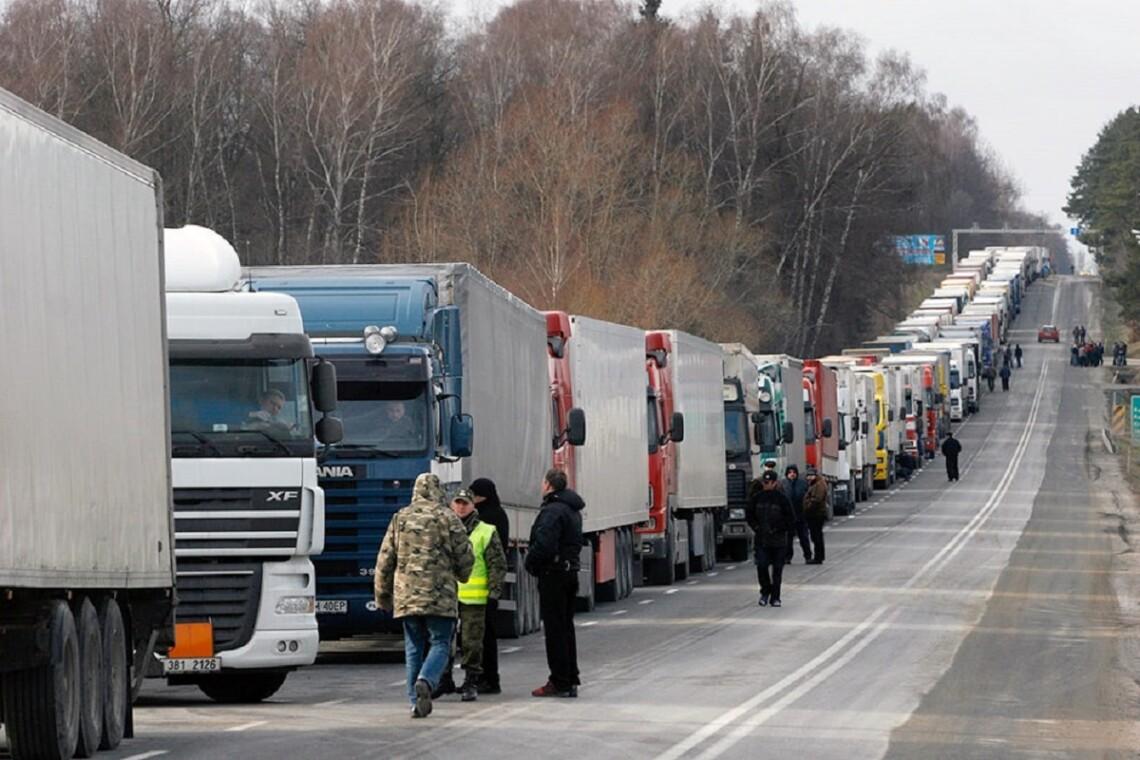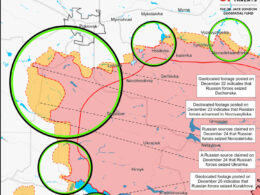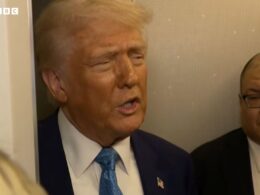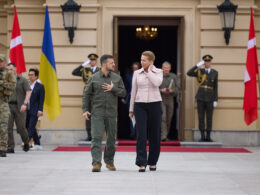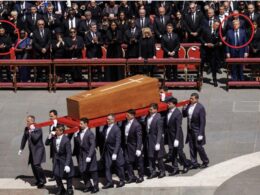According to Ukrainian outlet The Babel, which visited border crossings, all supplies for the army brought by non-state organizations, including the largest volunteer foundations, are also stuck in the general queue.
Protesters do not let Ukrainian trucks out of Poland, causing a collapse of previously main Ukraine’s import roads.The protesters' main demand is to abolish the "transport visa-free" system, under which Ukrainian carriers enter the EU without special permits since 2022. The protest was also joined by Polish farmers, who protested in the spring of 2023 against the transportation of Ukrainian grain and corn through Poland.
According to protesters, Polish carriers are upset because Ukrainians can offer a significantly lower price per kilometer than their Polish colleagues. The protesters’ demand of essential blocking Ukrainian carriers from the EU market is impossible to implement judicially unless the EU commission decided to do so. However, this step would go contrary to Ukraine's EU integration, including the expected beginning of the EU accession talks in 2024 — the final step of Ukraine's lengthy way towards full membership.
The Poles also demand that EU-registered trucks returning from Ukraine empty be allowed through the border without registration in the Ukrainian electronic queue. This would allow them to pass faster than other trucks coming from Ukraine.
According to the estimates of the Federation of Employers of Ukraine, the economy of Ukraine has already lost at least €400 million. Polish entrepreneurs also suffer from the blockade since Polish exports can't be moved to Ukraine properly. But the worst is that the blockade also hits Ukrainian defense capabilities.
"Drivers said that Yagodyn is the most problematic checkpoint. In the entire distance to Helm About 30 kilometers. there is nothing — neither gas stations nor shops — it is just a road. A kilometer away from the checkpoint itself is a miniature roadblock. There are several trucks without trailers, several people and a police car," says Oleksandr Masovets, who witnessed the blockade.
At the checkpoint itself, together with the police, there are up to ten blockers, traffic is blocked only for trucks. Buses, cars and vans with Polish license plates are allowed through. Trucks with humanitarian aid also pass, but still very slowly — one or two cars per hour.
In total, the checkpoints are currently passing only 10% of their pre-blockade volume of trucks.
On 25 November 2023, Lviv Mayor Andriy Sadovy and Deputy Minister of Infrastructure Serhiy Derkach said that the Poles do not allow important cargo for the Ukrainian Armed Forces to pass through. Polish officials didn't recognize this.
The truth is that while military aid humanitarian goods supplied for the Ukrainian state are allowed through, albeit slowly, this is not the case with goods purchased by hundreds of Ukrainian big and small volunteer organizations who also supply the frontline. For example, Ivan Poberezhnyak, head of the procurement and logistics department of Come Back Alive, one of the biggest military support foundations in Ukraine, told Babel that since the beginning of the blockade, all goods imported by the foundation have been waiting at the border.
"And these, for example, are several thousand CAT turnstiles, a large batch of pickup trucks — of the hundred vehicles that we expected to receive by the end of November, half are now at the border. During all this time, only one truck with five cars drove by, and that only because it had European license plates. The situation is the same with drones," says Poberezhnyak.
Yuriy Kubrushko, co-founder of the Leleka Foundation, says that due to the blockade of the border, their cargo has also been delayed, including crucial medical supplies.
"These machines were supposed to go to Ukraine to unload, and then pick up our medical cargo in Europe," says Kubrushko. "Now we canʼt count on these cars."
The organizer of the protest is the Polish Committee for the Protection of Carriers and Employers in the Transport Sector, which was created in September 2023 and includes several owners of Polish companies. The public face of the protests is Rafał Mekler, the owner of the logistics firm Rafał Mekler TRANSPORT and the head of the Lublin branch of the Confederation party. This is the only Polish party that opposes aid to Ukraine.
Mekler actively supported farmers during their spring blockade and now claims that Polish carriers are losing money because of the "transport visa exemption" for Ukrainians. Mekler complained that because of the sanctions, Polish carriers lost the market in Russia and partially in Kazakhstan and Belarus. The politician has his own interest in this — his company transported goods specifically to Belarus and Russia.
The crisis is further deepened by the after-election governmental transition in Poland. The new government capable of solving the problem will assume office only in mid-December.

